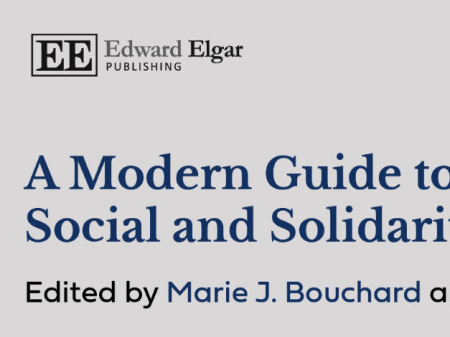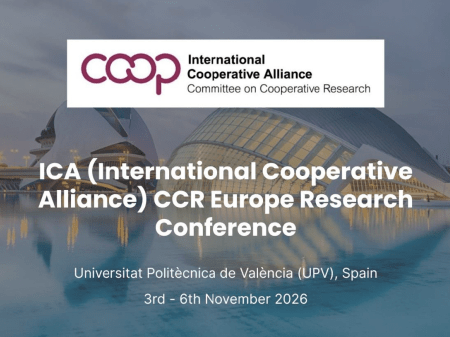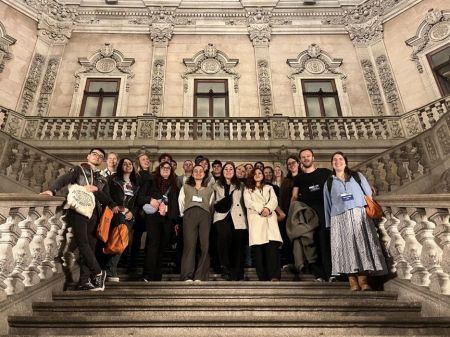We are pleased to share news of a new book relevant to…
Movement launch Blueprint for a Co-operative Decade
A Blueprint for a Co-operative Decade was launched for co-operatives by co-operatives at the ICA's General Assembly last week.
The document, which was compiled by a working group with input from various co-operators and conferences this year, aims for co-operatives to be the fastest growing form of enterprise by 2020.
The draft Blueprint was presented at the ICA Extraordinary General Assembly, during Co-operatives United in Manchester, UK, which marked the movement's culmination of the International Year of Co-operatives.
At the General Assembly, ICA President Dame Pauline Green, said: "We have the opportunity to take this Blueprint and change people's lives."
ICA Director-General, Charles Gould said the Blueprint is driven by a vision that co-ops can become the fastest growing business model. He said: "We've reconfirmed this general sense that has been forming as the ICA has been listening to our members in 100 countries this year. There has been a pattern and consistency. The key message being that co-ops are a serious sustainable solution."
The Blueprint says that co-ops should reach their full potential in a fragile economy, maintain their competitiveness, enhance their performance, be innovative and remain relevant to emerging needs.
To promote the diversity, effectiveness and versatility of the business model, co-operatives must remain close to their members and identify their needs.
It adds that co-ops need to become more focused on their guiding mission and values and clearly communicate their co-op difference; and also join forces with other co-operatives through partnerships and collaborative agreements.
In adapting to change, both co-operative governance and capitalisation pose challenges. Therefore, co-ops must improve the management process and member consultation, master new means of communication, develop new financing tools and entertain constructive dialogue with national and international authorities, according to the declaration.
Efforts must also be made for co-operatives to gain greater political clout. The co-operative model has demonstrated its ability to succeed, a recognition that allows it to intervene more forcefully than ever on the international scene. This new reality requires greater visibility of co-operative achievements and their original responses to the challenges of capitalism.
With backing by President Dame Pauline, Maria Eugenia Perez of Columbia, Chair of the ICA Gender Equality Committee, asked for a stronger emphasis on involving women and youth in the Blueprint.
When presenting the Blueprint at the General Assembly, Mr Gould said efficiency has been defined in economic terms only and for this reason co-ops have not been recognised as sustainable business models: “This requires re-thinking what growth means. We need to re-define it in social-environmental as well as in economic terms.”
The document argues that because they place human need and not profit at the centre of their organisational purpose, co-operatives have an ethical dimension. Furthermore, the Blueprint mentions how co-operatives show a tendency to resist crises over history – as Rabobank grew to 42% of its market in 2008. Membership levels of credit unions have also been rising during crisis.
The Blueprint emphasised how the financial crisis was largely due to managers acting according to their own interests, rather than according to a shared interest. Co-ops, on the other hand, pursue stakeholder value rather than shareholder value. Thus, argued Mr Gould, it is essential for people to be aware of the positive role co-ops play in building a better world. He also added co-ops need to spread their message across the world, or else others will define co-ops.
During the debate Mr Evgeny Kuznetsov, ICA Board member, said: “Co-ops are like ducks — they keep us afloat.” He told delegates how Russian co-ops are now granted the same benefits as small and medium enterprises in Russia; and how he hoped this level-playing field could be spread across the world.




